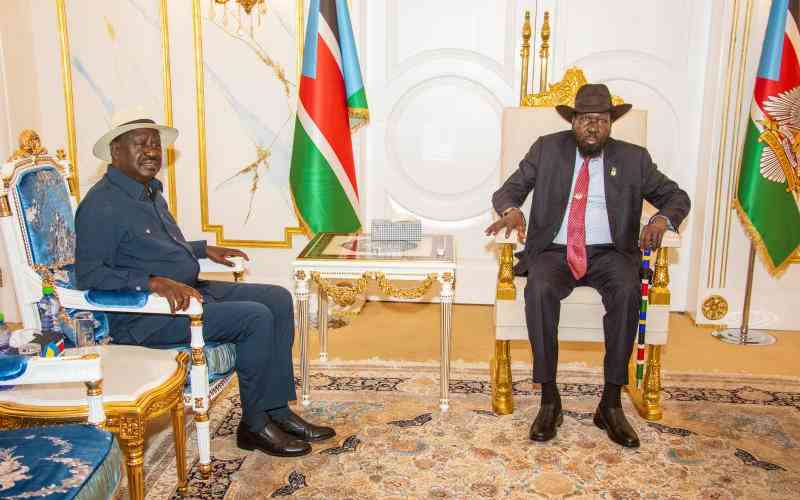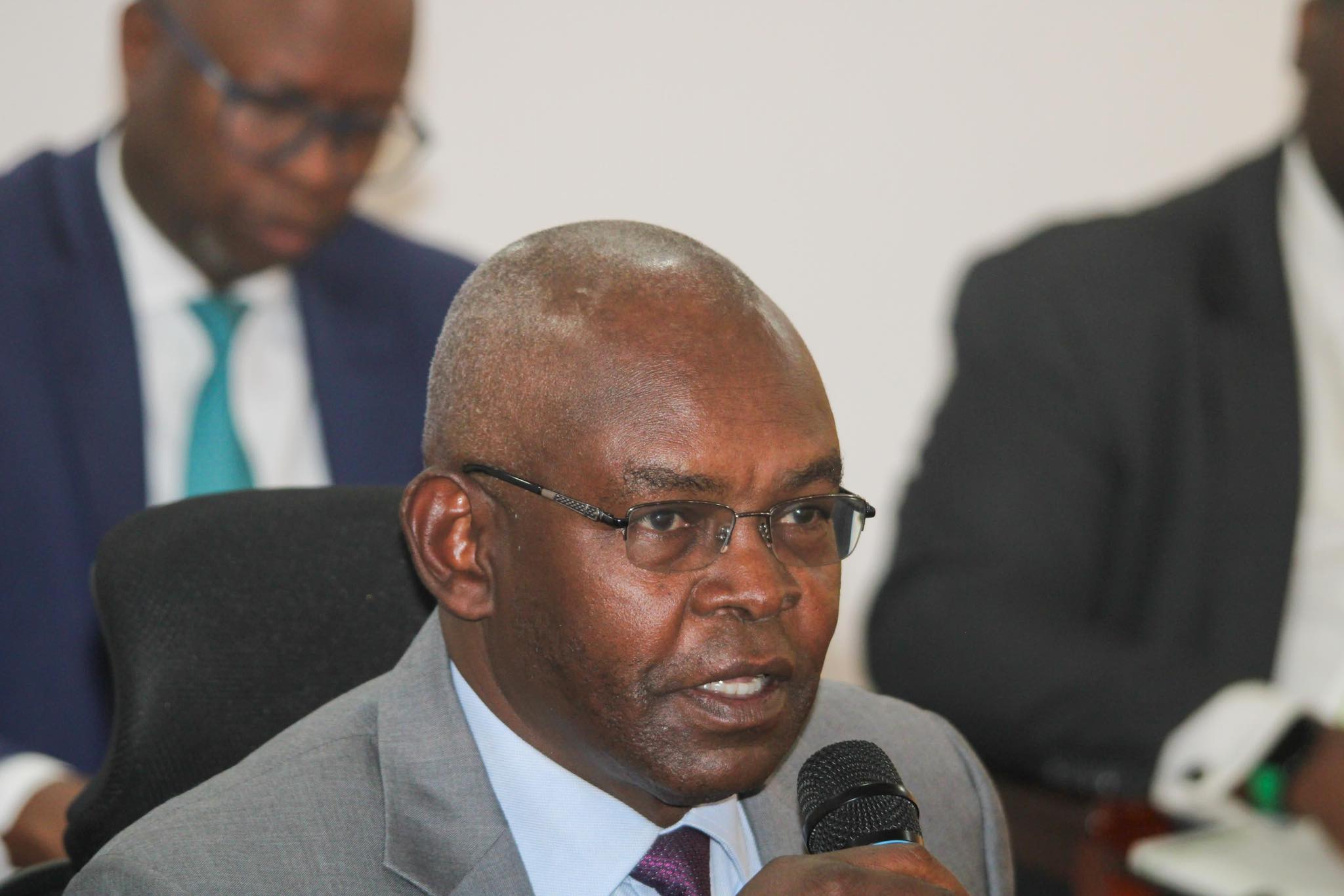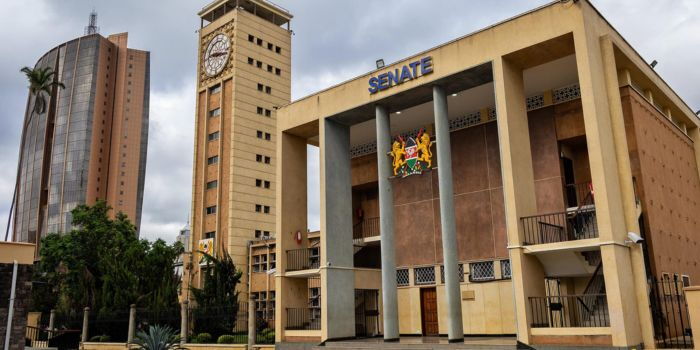Bank interest rates regulation necessary evil
Monday 10th February, 2025 06:20 AM|

The Central Bank of Kenya (CBK) benchmark Central Bank Rate (CBR) is on a sustained downward trend. In its latest cycle, CBK reduced the CBR further to 10.75 per cent.
The CBK is exuding confidence after steering the economy out of a tempest. Inflation is at 2.99 per cent, the lowest in years, and the indicative 91-day Treasury bill rate now stands at 9.116 per cent, again the lowest in years. It indicates an easing of the government’s appetite for domestic borrowing. Further, CBK lowered the cash reserve ratio from 4.25 per cent to 3.25 per cent.
The exchange rate has stabilised. Reserves are comfortably above statutory thresholds. Kudos to the governor’s stewardship of monetary policy which has been measured, and deliberate, achieving the intended impact.
How have banks responded? With sheer contempt!
The theory of it is that when CBK adjusts the CBR, banks follow suit on lending rates. But Kenyan banks have studiously ignored these signals when CBR is lowered. It’s like CBK is winking in the dark.
Paradoxically, should CBK raise the CBR, banks act with utmost alacrity! Borrowers are hit with increased interest rates posthaste.
Bank interest rates remain one of the single most critical business drivers. But banks in Kenya live in their own world. What needs to be acknowledged is that banks are in effect an oligopoly, and without government intervention, will never work for the interests of the economy.
The lowest effective bank lending rates today are upwards of 22 percent – a spread of over 10 percent. Its usury.
In 2016, a frustrated President Uhuru Kenyatta took the bull by the horns and imposed a rate cap. He decried the insensitivity of banks, and said that Kenyans were frustrated and disappointed with banks who continued to play Russian roulette with the lives of Kenyans. At the time, the CBR was at 10.75 percent.
The International Monetary Fund (IMF), which had been silent as banks ripped off Kenyans, came alive. It exerted extreme pressure for the government to remove the rate cap. It got its wish in 2019, when the rate cap was removed, throwing Kenyans back into the abyss.
The reduction in the cash reserve ratio has released Sh57 billion to banks for lending. This is the ratio of cash banks must maintain with the CBK out of their total deposits without interest. One hopes this initiative will force banks to become more aggressive in seeking borrowers, thereby reducing rates as an incentive.
The classical argument against capping interest rates is that it hinders access to credit by borrowers, and forces banks to seek softer lending targets like government securities. But is this not the exact same impact by high interest rates wrought by a liberalised interest regime? Who’s fooling who?
Such mortal contradictions in its dogma doesn’t interest the IMF. A skeptic might term this double standards. A cynic will likely see a much more malevolent scheme aimed at keeping Kenya’s economy bogged down as part of a global financial conspiracy. Why would IMF not call out banks for precipitating market failure the same way it calls out governments?
The governor has now been reduced to threats against banks. They’ll just ignore him. The very same governor in 2023 almost hysterically told off MPs who wanted to regulate interest rates. Be careful what you wish for!
Astoundingly, the Parliamentary Committee on Finance, Planning and Trade is nowhere. Normally vocal bodies like Kenya Private Sector Alliance, Kenya Association of Manufacturers, Federation of Kenya Employers are deathly quiet as banks wreak havoc on their members. Everybody is shying from talking about the elephant in the room. Why?
The government must urgently have a sit down with banks and the IMF, and demand that they either allow “market forces” to work, or be compelled to do so through regulation.
Banks, and IMF, cannot continue holding the country at ransom in an unholy alliance. Only regulation can save Kenyans from the greed that banks have exhibited at the expense of everybody else.
For these and more credible stories, join our revamped Telegram and WhatsApp channels.















